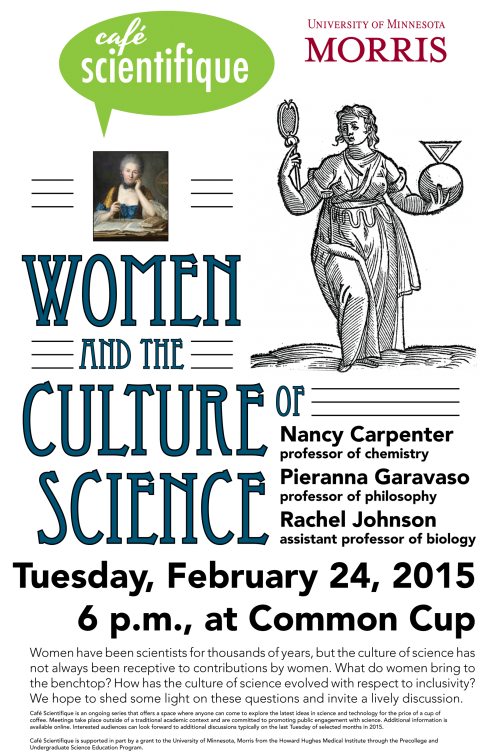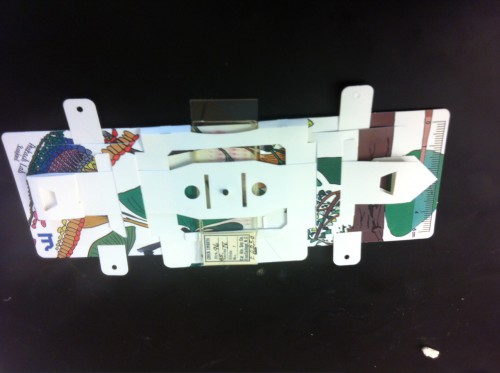New Scientist has an article titled 5 things you're dying to ask about head transplants. Yeah, someone said we can expect to be able to do head transplants in a few years, so the media are all wound up and asking stupid questions. Here are the questions New Scientist thought were really important.
What’s the difference between brain and head transplants?
Could the transplant technique work for a cryogenically frozen head?
Would the surgery be psychologically damaging?
I’m a registered organ donor. Could my body be used for this?
There’s one more. It’s so stupid and misleading that I had to single it out.





